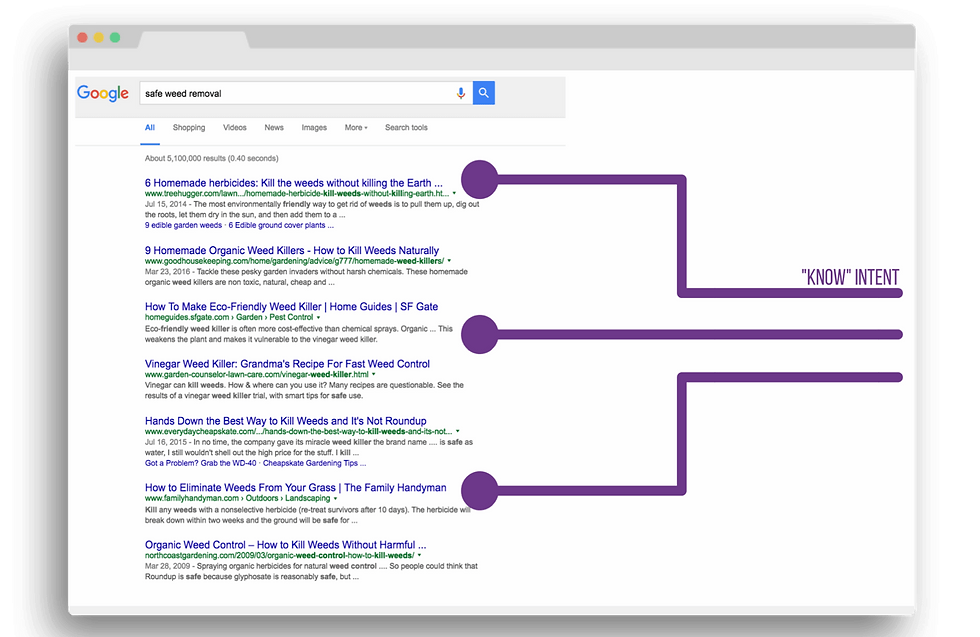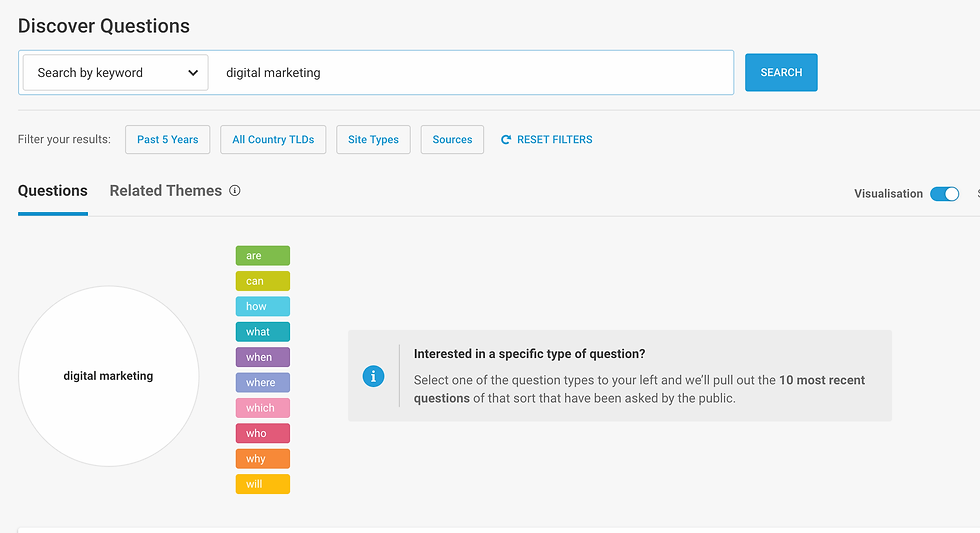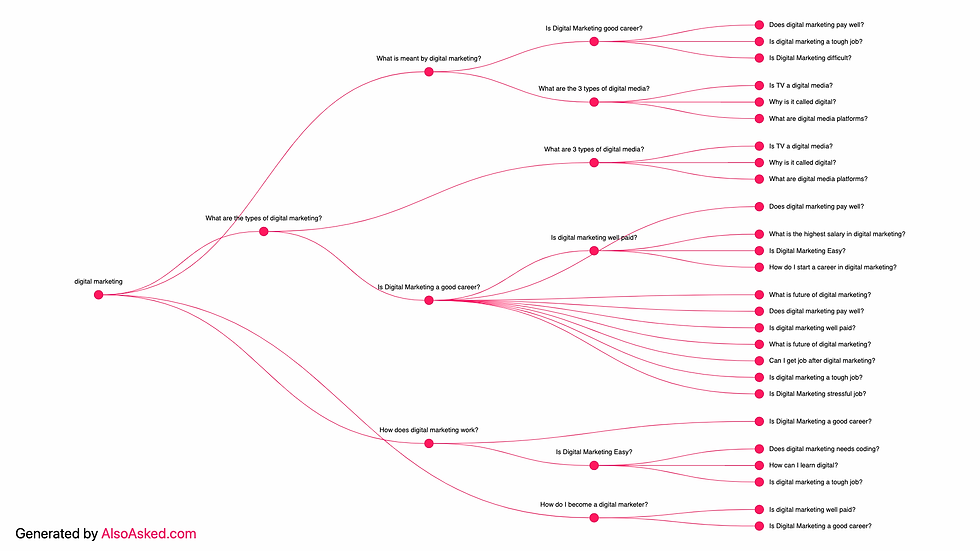Keyword deep research: Tools and techniques
- Pavol Drag

- Oct 23, 2021
- 5 min read
These advanced tools and techniques mean the difference between an average keyword search and an KW survey that really draws customers to your site.

What are real customers looking for?
It looks like an easi question, but once you start "digging" deeper things will change.
Finding the words and phrases that are characteristic of your business is a common thing, but this fact alone does not mean that everyone who does so is your customer.
If you also focus on voice search, the whole keyword research process is even more complicated.
While the PPC campaign will allow us to enter the world of "paid" KWs that bring customers and leads, there are many other ways to find out what customers are really looking for and these solutions are a complete money fee.
As an SEO specialist, I have a responsibility to get traffic to my clients' websites, but of course that's not the only responsibility.
Anyone who has sniffed at SEU a little bit knows well that other, even more important KPIs will appear in the footsteps that bother the client more:
How does organic traffic contribute to the overall ROI?
Are these visitors converting?
If they don't convert, why is that?
How do I increase my conversion rate?
Which traffic sources are suitable if I don't want to pay
At SEU, you are still struggling with the reality of gaining visitors, who (as you firmly hope) will turn into potential customers or sales.
It is at this point that an in-depth keyword research process comes in handy.
Keyword Evolution

We are at a time when intent-based searches are more important to us than net volume.
As search engines try to better understand the user, we need to be just as savvy, which means we need to know much more about our searches and customers.
Most of us already understand KW reaserch somehow, but if you don't, or want to improve your skills, there are many tools and tactics you can use.
Below are my tools and techniques that have led me to understand the difference between average keyword research and targeted keyword research that ultimately leads to potential customers.
1. Meet the people you're targeting
Knowing your target audience is essential, not just superficially, but really in depth.
Therefore, it is necessary to take the next step - to learn the phrases that customers ask and as well as how to describe their problems.
SEO is marketing. This means that our keywords should be subject to this concept.
Audience analysis can help you identify the people you're targeting. This makes keyword research more personal and relevant.
2. Go beyond traditional KW tools

In this case, I definitely recommend one of the following:
Google KW planner
Moz KW Explorer
SEMrush
Ahrefs Keywords Explorer
BrightEdge Data Cube
Ubersuggest
KeywordTool.io
There is no doubt that they streamline the process of finding relevant words and phrases, but they also provide suggested or related terms that help us compile our kw shortlists.
For example, Demographics Pro is designed to give you a detailed view of your social media audience, giving you a better feeling of who might be looking for your brand or products.
You can see what customers are interested in and what they might be looking for.
It guides you to track the relevant keywords that your customers are using to help get rid of the KW that you think they are using but not using.
With Followerwonk you can also track competitive and other brands (as well as their audiences) as well as KW opportunities.

You can get similar information about your potential customers with the free Social Searcher.
It's not hard to use - just enter keywords.
You can also select a source and choose a post type.
You can see recent posts, users, sentiment and even related words.
Example Social Searcher report:

Professional Tip: Let's say you want to create and optimize videos for specific keywords.
This tool allows you to filter using YouTube to see what already exists and get an idea of how you can optimize your videos.
Another great tool is Seed Keywords - this tool allows you to create a search script that you can then send to your friends.
The tool can be usefull if you are in a specialized industry and it is difficult to find any more relevant keywords.
3. Definitely trends
To capture relevant and current traffic, you need to identify trending keywords.
For example, if you're optimizing a site that contains seasonal products or services, you need to know what and when people are looking for.
During the COVID-19 pandemic, there are different types of keyword trends that go beyond the common words and phrases of the topic.
For example, people were looking for information to avoid gaining weight and how to move a team into a virtual environment. - Google Trends is the best source here.
If possible, be sure to filter by date and location.
4. Focuson ranking factors
Once you get a feel for some of the keywords you want to target, it's time to take a step.
I want to know what type of content ranks for these KWs, which gives me an idea of what Google and potential customers consider authoritative.
A simple example (there are many other types of intentions that occur during the buyer's journey), let's focus on two main categories of intentions: the purchasing intent and the knowledge intent.
Let's say you're targeting the term "organic coffee":
Based on what is in the results, Google believes that the purpose of the search could either be to buy coffee or simply to learn more about it.
In this case, the page I'm trying to optimize may be focused on both purposes.
Another example:

In this case, if I targeted the keyword 'safe weed removal', I would create or optimize a page that provides this information - in other words, a satisfactory search intent query to get more information to remove weeds.
There are many tools that can help you determine which sites are ranked by your targeted keywords, including SpyFu, SEMrush, and Ahrefs.
5. From keywords to questions
People are looking for answers to their questions, which in itself is not interesting, but we should take every opportunity to answer these questions.
Therefore, never forget long-tail keywords.
Some of my favorite tools to help you find questions are:
- AnswerthePublic. - Question Analyzer by BuzzSumo. - AlsoAsked.com. AnswerThePublic uses automated application technology to submit common questions and phrases associated with your keywords.
Creates a data visualization to help you get a better view of the topics you're looking for.
Use this tool to get a list of questions, not to mention other information not shown below:
Question Analyzer by BuzzSumo searches for the most popular questions that are asked on countless forums and websites including Amazon, Reddit and Quora.
If I want to know what people are asking about "digital marketing", I can get this information and organize it by type of question:

Another useful one is based on data from Google Ask People.
This tool provides an insight into the search for longtails - the relationships between topics and questions.
Below is an example of what you might see on AlsoAsked.com.

At the end
New techniques and tools make our work much easier.
Your focus should be on how to attract customers to your site by using the right keywords and answering your queries. If you learn to do it right, Google will rank you as a relevant partner and become a long-term source of new customers for you.




Comments